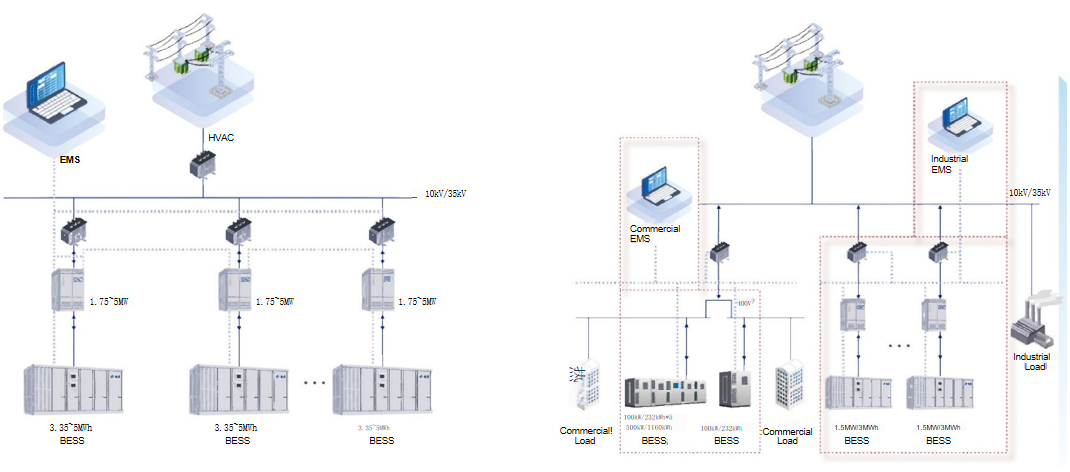Battery energy storage systems (BESS) are revolutionizing the way businesses and industries manage their energy needs. The deployment of BESS in both commercial and industrial contexts is gaining momentum as more organizations realize the significant benefits of integrating energy storage into their operations.
One of the key benefits of BESS on the commercial and industrial side is the ability to reduce energy costs by optimizing energy usage and reducing peak demand charges. By storing excess energy during off-peak hours and utilizing it during times of high demand, businesses can significantly reduce their electricity bills. This is especially important for energy-intensive industries such as manufacturing facilities and data centers.
In addition, commercial and industrial side BESS can enhance energy reliability and resiliency. As power outages and grid disruptions increase in frequency, having reliable backup power is critical for businesses to maintain operations and avoid costly downtime. BESS can provide seamless backup power during outages, ensuring continuous operations and minimizing the impact of disruptions.
Another important benefit of commercial and industrial side BESSs is their ability to support the integration of renewable energy. As businesses and industries increasingly rely on renewable energy sources such as solar and wind, BESS can help balance supply and demand, eliminate intermittency and maximize the use of clean energy.
In addition, BESS can provide auxiliary grid services such as frequency regulation and voltage support, contributing to grid stability and reliability. This can create new revenue streams for companies by participating in the grid services market, further increasing the economic value of BESS deployment.
Overall, BESS adoption is rising, driven by the compelling economic and operational benefits it offers in both business and industry. As businesses and industries continue to prioritize sustainability, energy efficiency and resilience, the role of BESS in shaping the future of energy management will only become more prominent.





